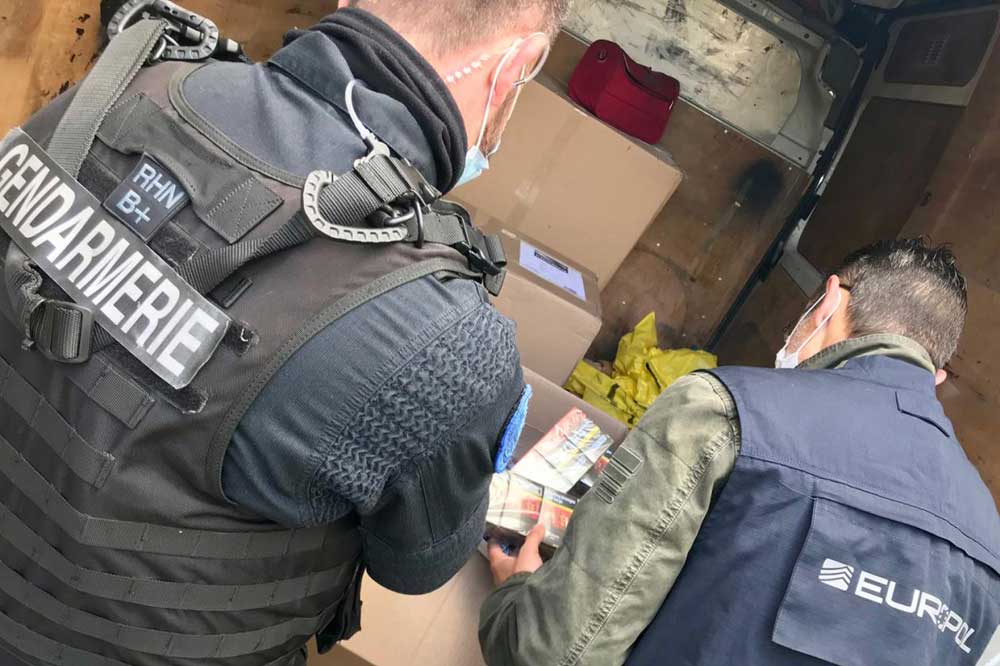Legal cigarette sales in Belgium continued to fall in 2024, while the volume of counterfeit and smuggled products increased significantly, according to the 19th annual report by consultancy firm KPMG, commissioned by Philip Morris International.
Nearly 2.4 billion cigarettes consumed in Belgium last year came from non-domestic sources, a 17% increase compared to the previous year, meaning nearly one in three cigarettes smoked in the country were not purchased through Belgian sales channels. While domestically-produced sales declined, 1.1 billion cigarettes in Belgium were legally purchased abroad last year, an increase of 22%. The volume of counterfeit and smuggled cigarettes in the country also grew, by 13%, to 1.3 billion.
Imports from Bulgaria tripled since 2020 to 770 million cigarettes last year, as did those from Luxembourg at 740 million in 2024. According to KPMG, the shift to illegal or foreign products is estimated to have cost the Belgian government around €544 million in lost tax revenue last year.








